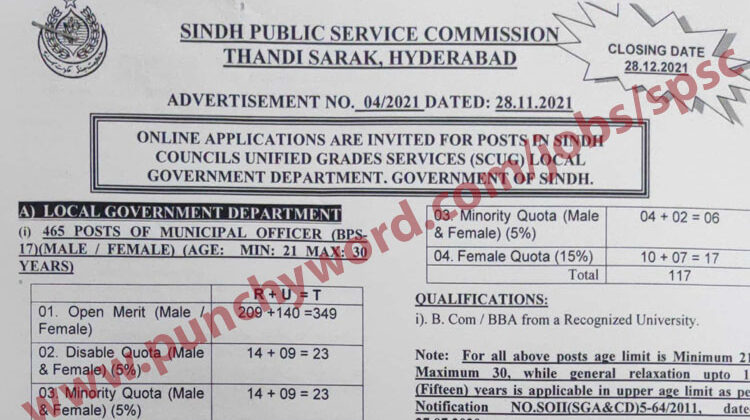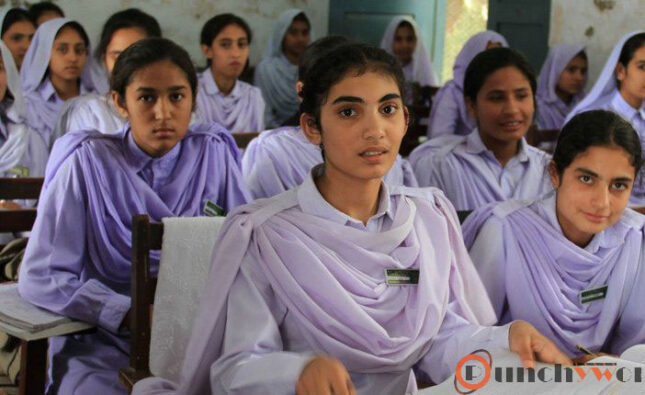
The Islamabad police have arrested Usman Gohar the Faysal Bank worker whose “sexual harassment” was recognized in a video that made publically viral on social media recently.
Islamabad Deputy Commissioner (IDC) Hamza Shafqat tweeted, “Police attacked his house. The criminal has turned his mobile off and his hiding for the last three hours.”
The bank employee recognized as Usman Gohar has also been dismissed from his job by the bank and raids are being conducted to arrest him, he added in another Twitter.
The consultants were encouraged to take action against the banker after a video of which exposes him to probing and harassing a female inside the bank went viral on social media.
Some on Twitter were speculating both, the alleged victim and the suspect work in the same bank.
Faysal Bank Worker Arrested Harassment Islamabad
Earlier, on Saturday, a video had gone publicly viral on the Internet presenting the happening of sexual harassment; it was viewed millions of times on Twitter and other social media networks.
Workplace harassment is pretty common in Pakistan as well as other countries despite the government hosting the Protection against Harassment of Women and teenage Childs at Workplace Act, 2010, with the goal to “create a safe working environment for females, which is free from harassment, abuse and pressure to facilitate their right to work with dignity”.
While the law “is not only restricted to workplaces [and] is applicable to all public spheres”, it has been criticized for being futile in informal sectors, such as entertainment, where a relationship between an employer and an employee is not defined or inked into a contract.
A UN Women blog post published in August 2020 stated that in the Protection against Harassment of Women at Workplace Act, 2010, some “236 analysis teams have been notified in different government departments” across Khyber Pakhtunkhwa.
Many females who face sexual harassment choose not to come forward due to fear of their families’ reputation being tarnished or losing their jobs, with those hailing from lower socioeconomic backgrounds even less likely to report such incidents.
According to research carried out by Pakistan’s first anti-harassment awareness campaign, Stop Harassment Now, a whopping 90% of women said they or their coworkers faced some form of sexual harassment at the workplace.












